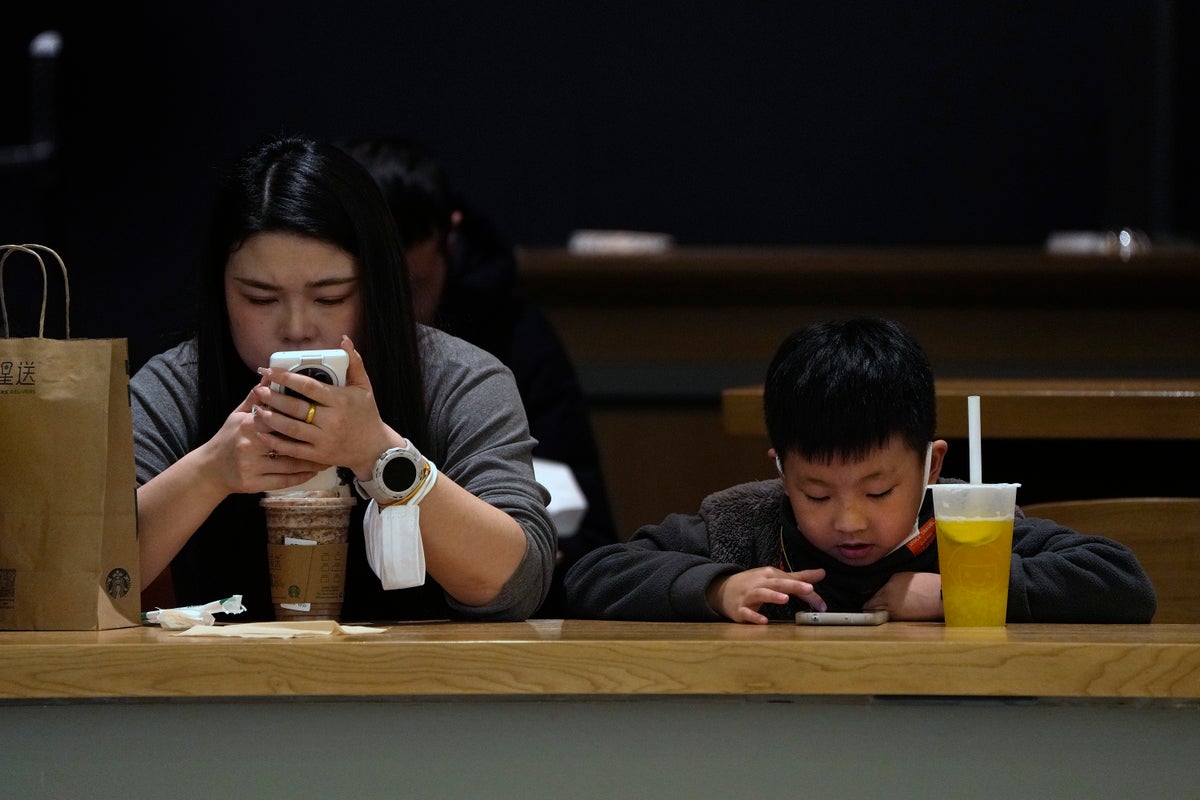- cross-posted to:
- aboringdystopia@lemmy.world
- cross-posted to:
- aboringdystopia@lemmy.world
China’s internet regulator on Monday launched a sweeping two-month crackdown targeting “malicious” social media content, including pessimistic economic commentary and posts promoting “negative outlooks on life,” as concerns mount over widespread youth disillusionment amid the country’s economic struggles.
The Cyberspace Administration of China announced the nationwide campaign will target content deemed to incite “violent or hostile sentiment,” including posts that spread claims like “hard work is useless” or “studying is useless”. The initiative comes as China faces record youth unemployment of 18.9% in August 2025 and persistent economic headwinds.



That what now?
kagis
https://www.brookings.edu/articles/why-china-is-cracking-down-on-its-online-fandom-obsessed-youth/
Oh, for Pete’s sake.
“Here, have a nice state-approved idol to be a fan of.”
Kiss a girl in school? 🤔
Searches on Kagi, a la “googles” -> search on Google.
Ah ok. I’m more into ducking myself 🤷